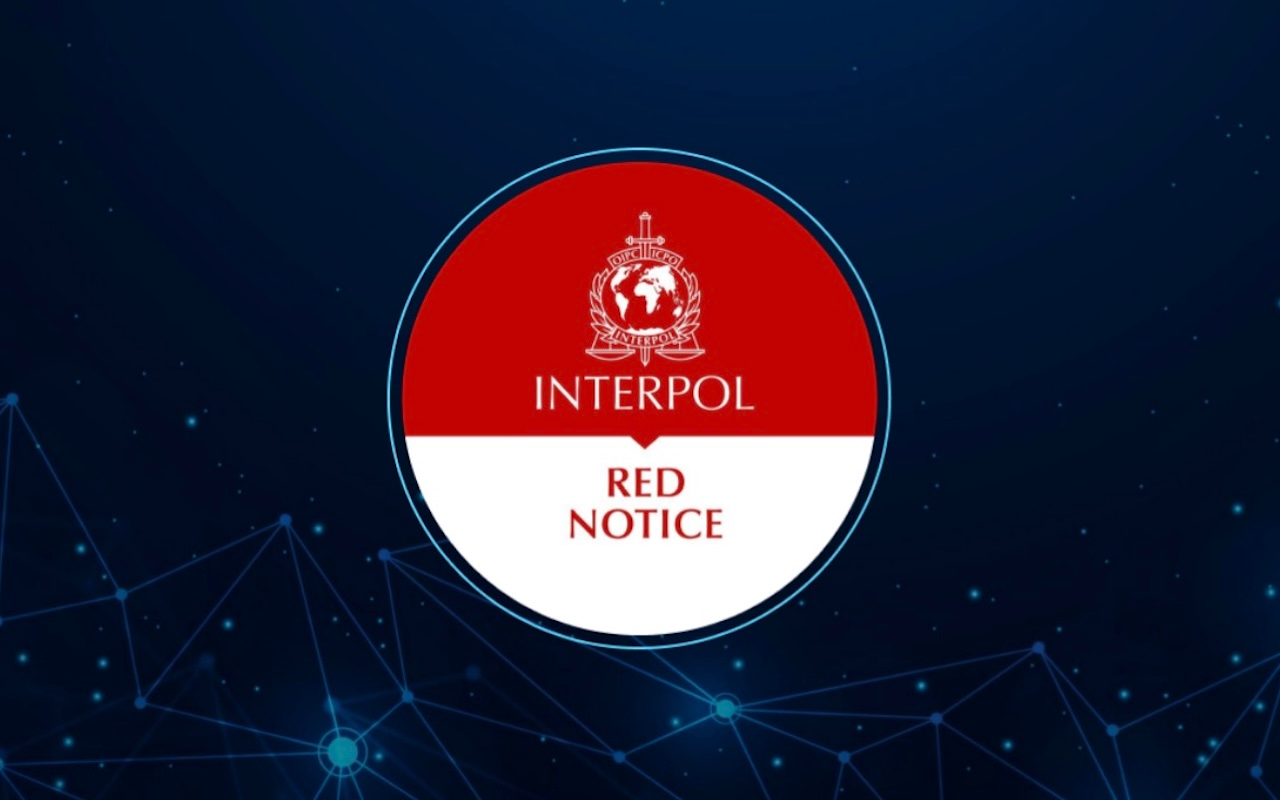Can people travel if they have an Interpol Red Notice?

Traveling with an Interpol Red Notice can seem like a daunting task, especially if someone doesn’t know how it will affect their travel plans. An Interpol Red Notice is an international wanted notice that can make it much more difficult for anyone to travel between countries. Here’s a look at what a Red Notice is, how it affects travel, and what would someone do if they find themselves in one.
What is an Interpol Red Notice?
An INTERPOL Red Notice is a formal request for the arrest of a person wanted for prosecution or execution in one of Interpol’s member countries. It is not an extradition order, but serves as an important tool for international law enforcement cooperation. It is important to understand that a Red Notice does not have the force of law enforcement to make an arrest; its role is to notify member countries of the existence of an arrest warrant and provide the necessary information for further action.
A Red Notice contains information about the identity of the wanted person, details of the charge and, in some cases, the legal basis on which the request is based. Interpol itself does not have powers of arrest, and actions to arrest depend on the national laws of the countries in which the wanted person may be located.
Impact of a Red Notice on travel
If someone has been issued a Red Notice, it can significantly complicate the travel plans. The countries where someone might be going to may take steps toward detainment, depending on the availability of international agreements and local laws. In practice, this may manifest itself in the following aspects:
Border checks: when crossing the border, border officials may check the Interpol database and find out if the person has a Red Notice. In this case, they may be detained for further proceedings.
Visa refusal: countries may refuse to issue a visa or entry permit if someone has a Red Notice. This is due to the need to ensure law and order and to comply with international obligations.
Departure problems: if someone receives a visa, they may have difficulties trying to leave the country during the stay. Local authorities may detain them at the request of Interpol until the issue of extradition is decided.
What to do if someone is subject of a red notice
If someone finds out they have a red notice, the first step is to seek legal advice. To do this, it is recommended to contact extradition lawyers (auslieferungs anwälte) who have experience in international legal matters and can offer a personalised approach to the case. They will help understand the legal implications and offer strategies for rights protection.
It is also worth considering that in some cases it may be necessary to challenge the notice in court. This may involve filing a complaint that someone’s rights have been violated or that there is no reasonable evidence to warrant a search.
Travel precautions
If someone has a red notice, it is important to exercise caution and take steps to protect their rights. These are some typical recommendations:
Research: research the laws of the countries where it’s allowed to travel through. Make sure to be fully informed about possible risks and detention procedures;
Check the documents: make sure the documents are in order and there are no other legal issues that could complicate the trip;
Contact lawyers: if someone has a red notice, it is a good idea to notify the consulates and embassies of the countries they plan to visit. They can provide information and assistance if needed.
Countries to visit
If someone is under an Interpol Red Notice, one strategy might be to plan trips to countries that do not have an extradition treaty with their own country. In such countries, the likelihood of being detained may be lower, although other legal consequences may still occur.
It is worth considering, however, that even if a country does not have a formal extradition treaty, this does not guarantee a complete absence of risks. Local authorities may act within the framework of international agreements or on other grounds.
Contact Interpol lawyers
Traveling with an Interpol red notice requires careful preparation and attention to legal aspects. Knowing personal rights and obligations, as well as professional legal assistance, can greatly simplify the situation and minimise risks. Contacting experienced extradition lawyers and taking all necessary precautions can help cope with the challenges associated with an Interpol red notice.
The editorial unit

























Facebook
Twitter
Instagram
YouTube
RSS